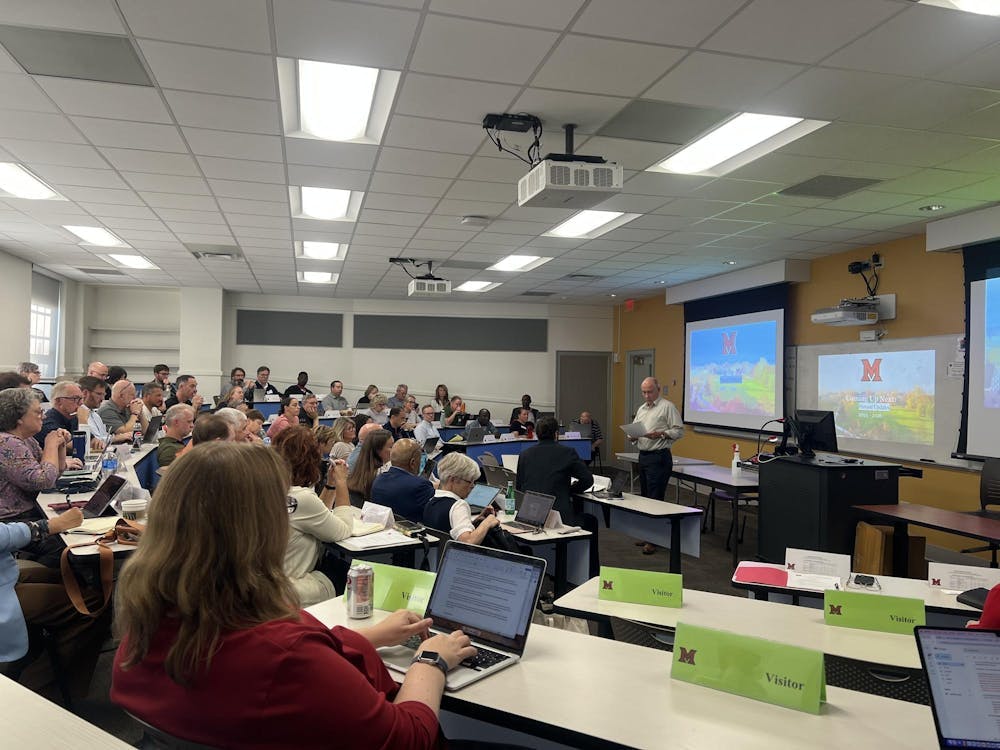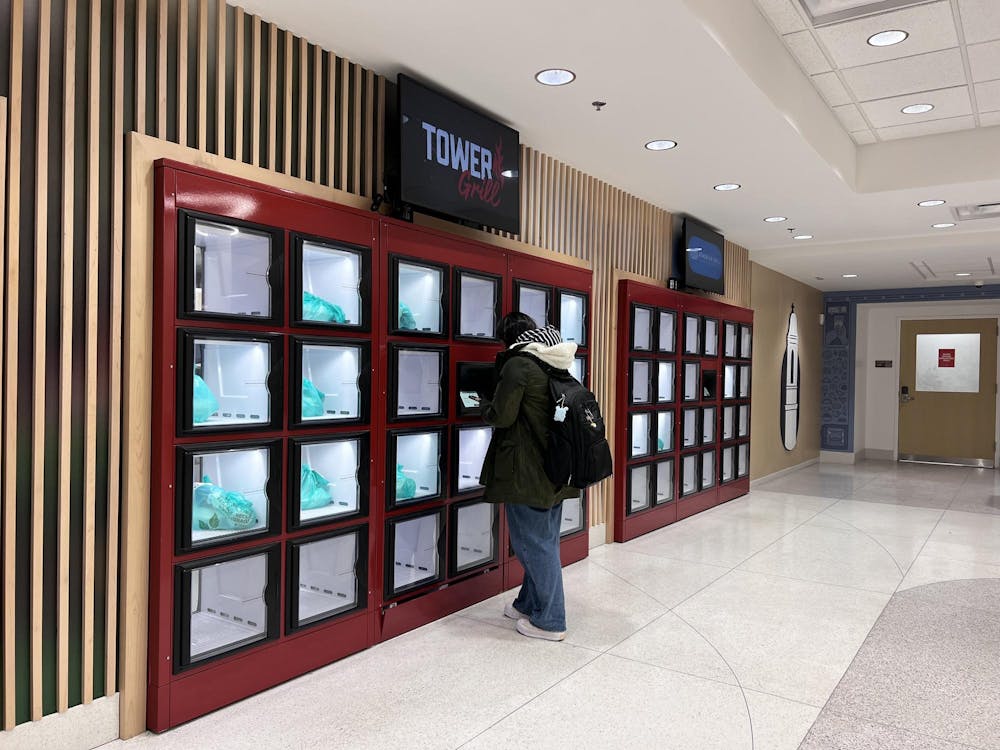Last week, I wrote a piece of legislation for Associated Student Government (ASG) to encourage the dissolution of the University Senate (USenate) and the creation of a University Policy Advisory Council to replace it, but I did not introduce it on the Senate floor. I have served in various roles in ASG for the last three years, and this year, I have also been a student member of USenate.
Immediately upon joining USenate, I noticed a collective sense of commiseration and animosity, a severe lack of capacity to deliberate on complex questions, and strained relationships with nearly every decision-making group.
USenate is the primary place for staff, faculty and student representatives to express opinions and advice on matters related to many areas of university policy and curriculum. Because of new laws passed in Ohio, such as Senate Bill 1, the Board of Trustees at every public higher education institution now have final authority to “establish new academic programs, schools, colleges, institutes, departments and centers,” as well as to “modify academic programs, curricula, courses, general education requirements and degree programs,” according to reporting done by The Miami Student. This authority used to be delegated to USenate, but we are now an advisory body.
Faculty and staff at Miami University deserve to be heard in a way where their advice is genuinely respected and considered by decision makers, but that comes with a responsibility to take ownership and engage with decision makers constructively.
In order to get to this place, USenate must start to accept responsibility for its own condition and credibility. The body has become an island among many burned bridges.
We cannot expect our voices to carry weight while blaming the Board of Trustees for having too much authority, blaming Ohio for its laws, blaming the student government for not understanding the context of this moment, blaming administrators for not listening enough or blaming USenate’s Executive Committee for not implementing changes effectively.
It’s much harder to evaluate our own responsibility for our circumstances and ask a hard question: When is it on us, instead of on everyone else?
From the conversations that have occurred over this past week, it is clear to me how much having a legislative body matters to staff and faculty at this university, and I am more optimistic about USenate’s ability to change than when I wrote my legislation. We should put the dissolution debate to the side and focus on making USenate a more effective forum for shared governance.
But we will never get there if we are not all willing – for the best interest of the continued existence of USenate – to put aside personal animosities, political divisions and pessimism. If we are willing to put serious time and effort into rebuilding USenate, we could have a shared governance system by the end of this spring that other universities aspire to have.
It is not helpful for me to criticize without putting constructive ideas on the table: Let’s send a dove and an olive branch over every broken bridge and start rebuilding those bridges immediately. Let’s reform procedures so that our debates yield helpful policy advice, rather than mixed and incomplete messages. Let’s find a way to move USenate to the Joslin Senate Chamber in the Armstrong Student Center so that we can save time with electronic votes and create a fresh atmosphere. Let’s spend time having an honest conversation and brainstorming more ideas for improvement.
Most importantly, let’s make it known that we intend to work hard over the coming months, put aside grievances and build USenate into something that is truly indispensable because of the value it offers, not just because it is indispensable in name only.
If the Board of Trustees asks “What value does USenate bring to the table?” in December, we need to have a really good answer.
Enjoy what you're reading?
Signup for our newsletter
Nicholas Barry is a senior majoring in business economics. He is a senator serving in the Associated Student Government and is also a voting student member of USenate.




